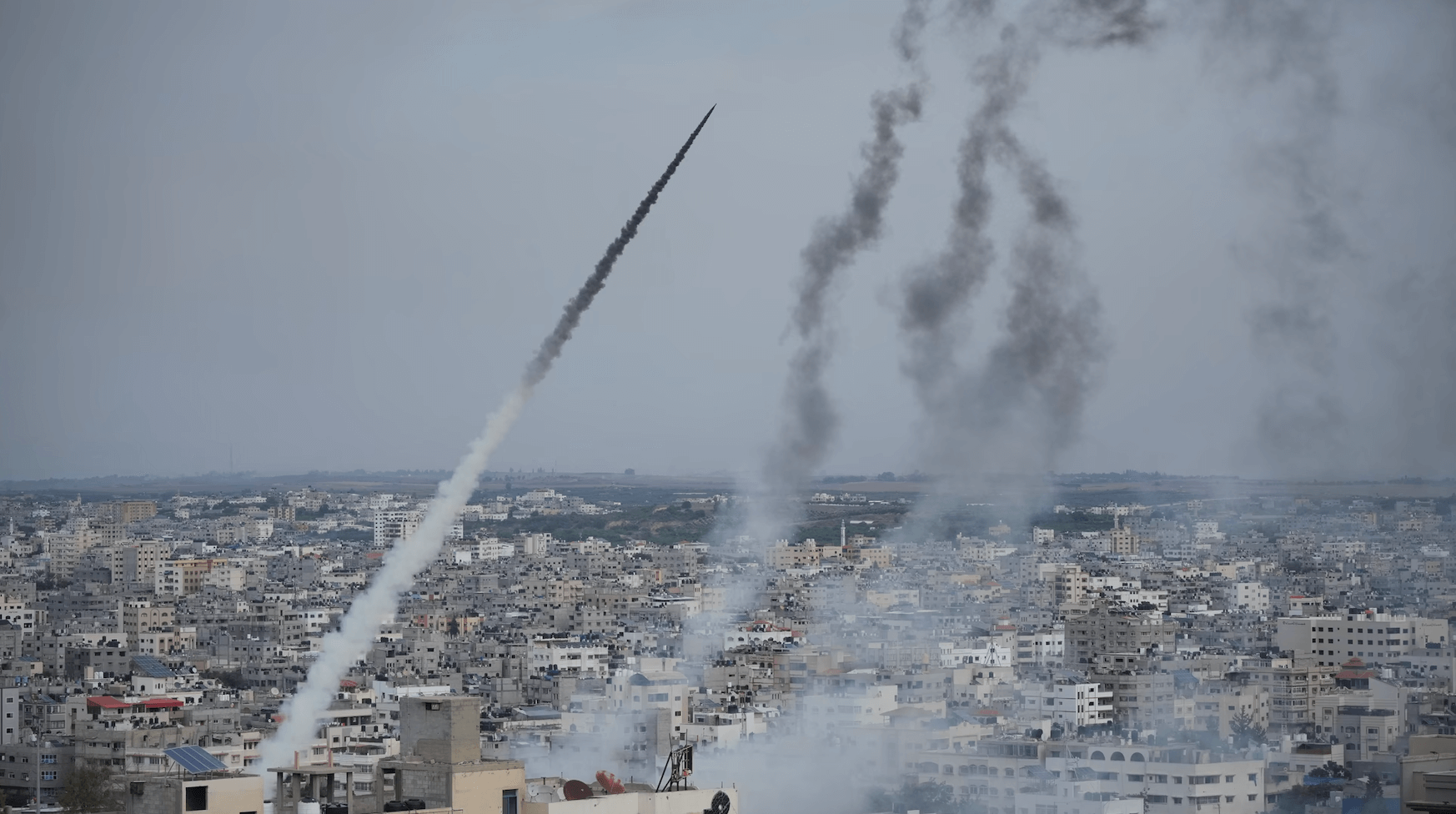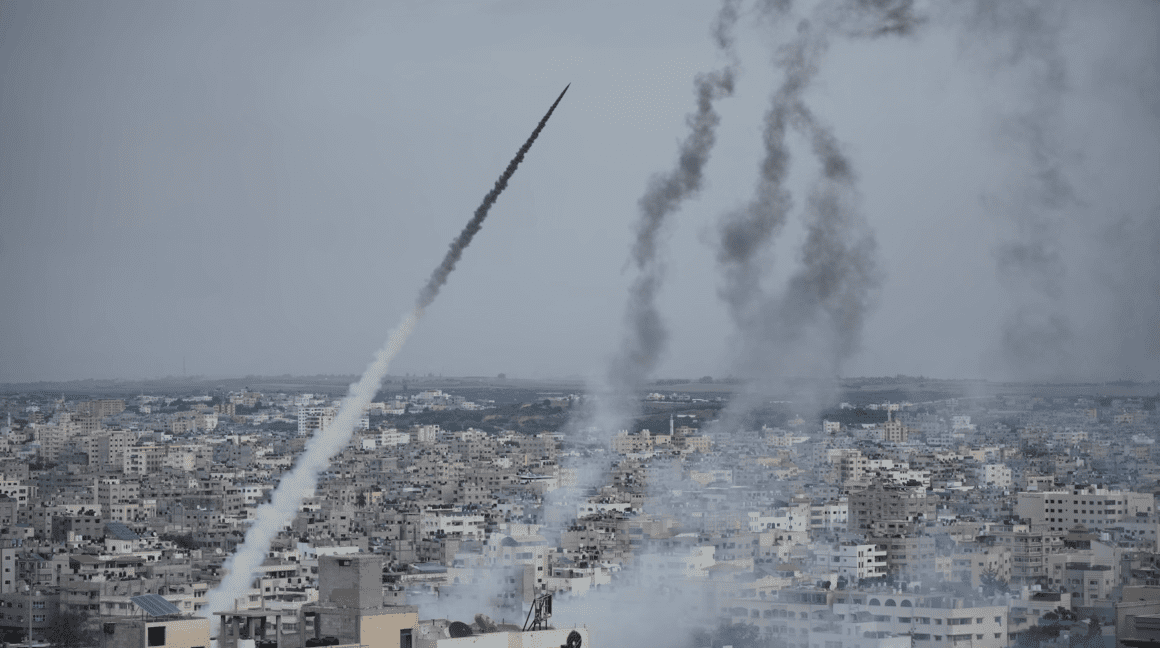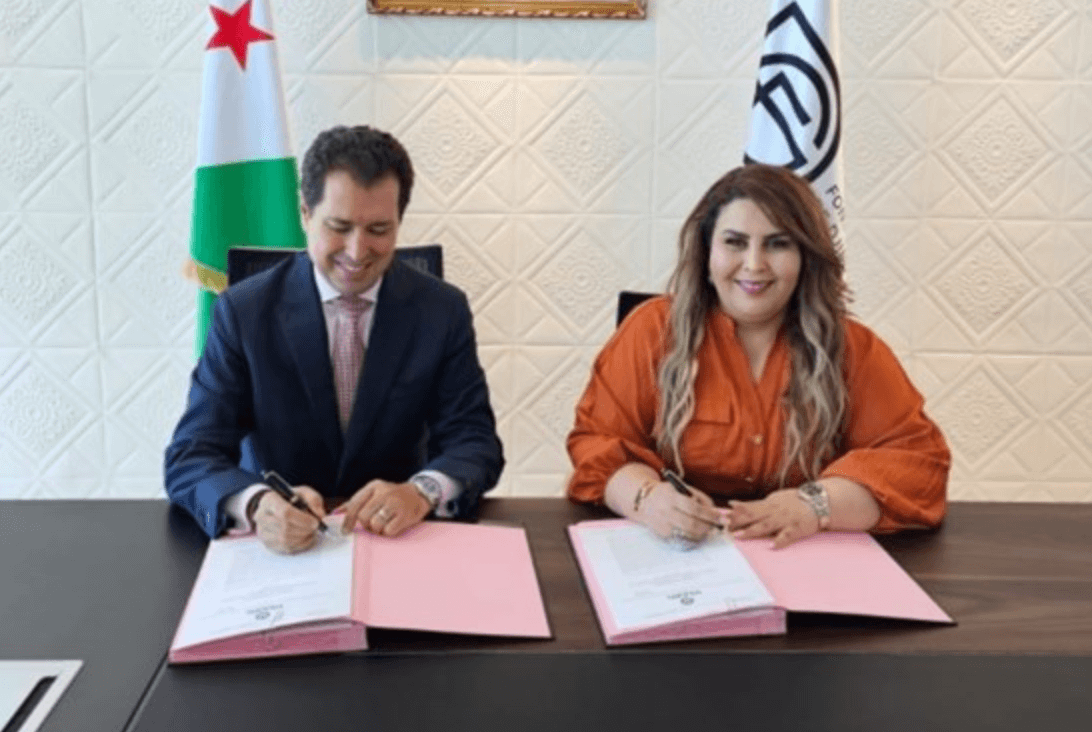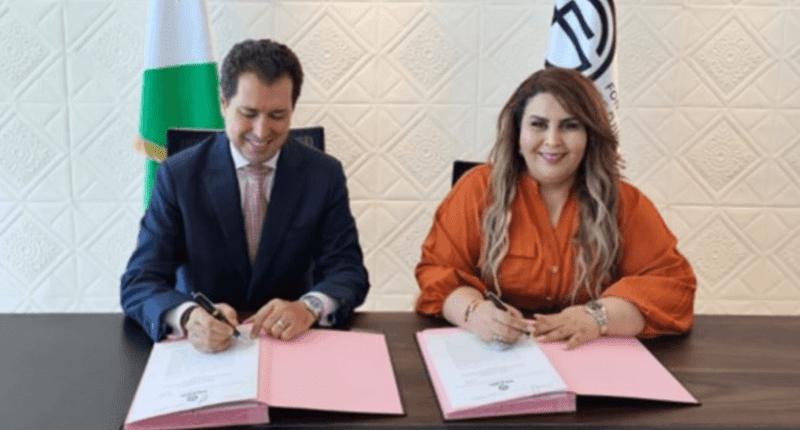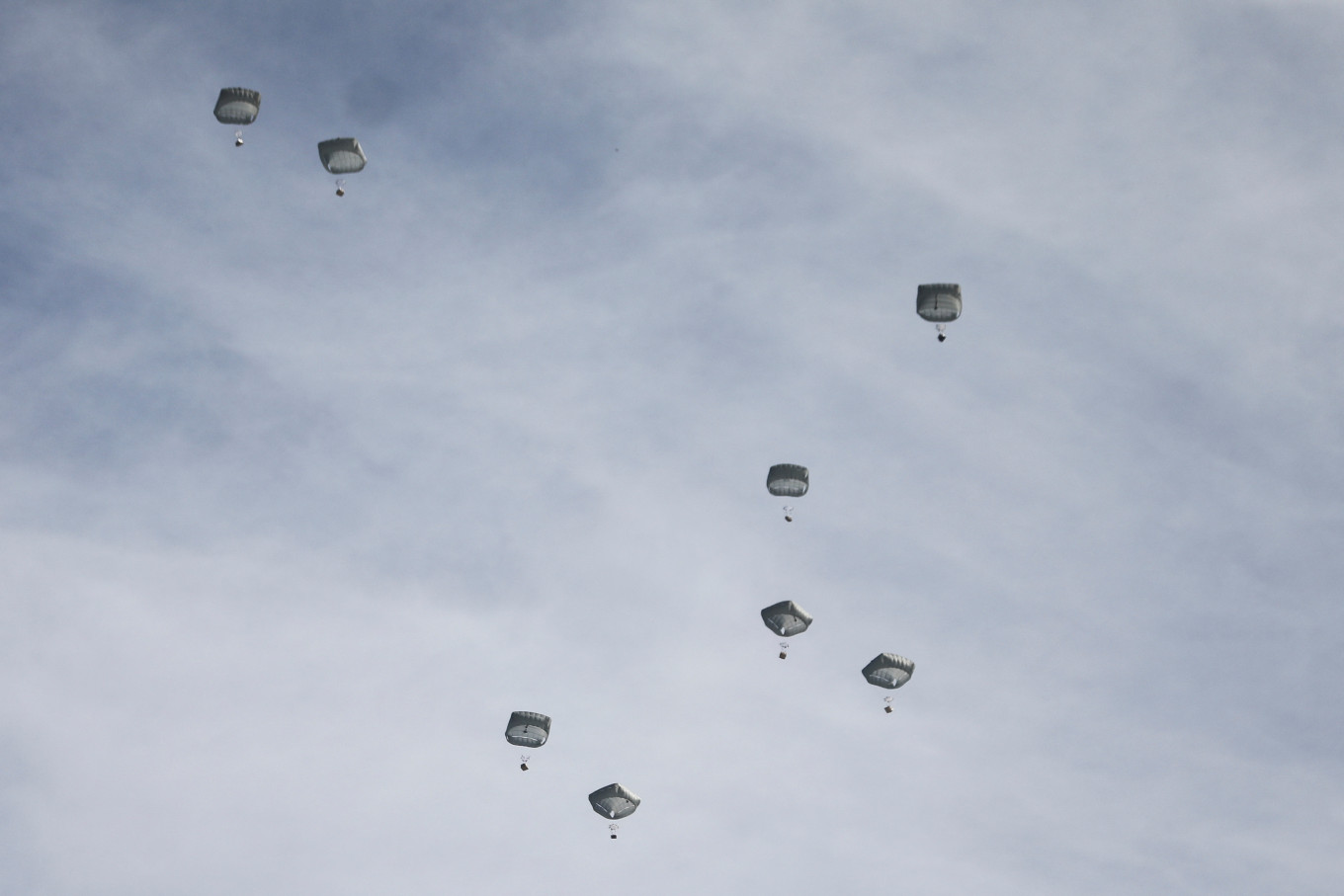Human Rights Watch has reported that Israel has not fulfilled the United Nations’ highest court’s directive to ensure the necessary aid reaches those in urgent need within the Gaza Strip. This announcement comes a month following a pivotal verdict from The Hague, which called on Israel to mitigate its military actions. The UN court’s decision was a response to a petition from South Africa, accusing Israel of genocide, a claim Israel strongly refutes, asserting its military actions are in self-defense.
Despite the court’s order for Israel to prevent any actions that could lead to death, destruction, or acts of genocide in Gaza, the situation remains dire. As Israel prepares to extend its military operations into Rafah, the southernmost town in Gaza bordering Egypt, the humanitarian crisis intensifies. This region, now a refuge for 1.4 million Palestinians seeking safety, has seen an alarming rise in displaced populations, leading to international concern and calls for civilian protection.
In a separate development, Palestinian Prime Minister Mohammed Shtayyeh announced his government’s resignation, a move requiring President Mahmoud Abbas’s approval. This step might pave the way for the reforms the US envisions for the Palestinian Authority’s governance in post-war Gaza.
The International Court of Justice had laid out six provisional measures for Israel, including immediate actions to facilitate essential services and humanitarian aid to Palestinians in Gaza. However, the effectiveness of these measures remains in question, with Human Rights Watch noting a significant reduction in aid truck entries into Gaza post-court ruling. Additionally, fuel deliveries, especially to northern Gaza, have been insufficient, with reports of aid blockages exacerbating the crisis.
Despite Israel’s denial of restricting aid, the discrepancy between its claims and on-ground realities persists, with the UN highlighting the challenges in accessing aid trucks due to safety concerns. The international community, including the UN, continues to urge Israel to open more crossings and improve coordination to alleviate the humanitarian situation in Gaza, where the conflict has resulted in nearly 30,000 deaths, predominantly among women and children.

